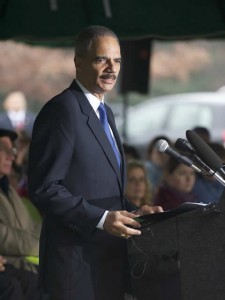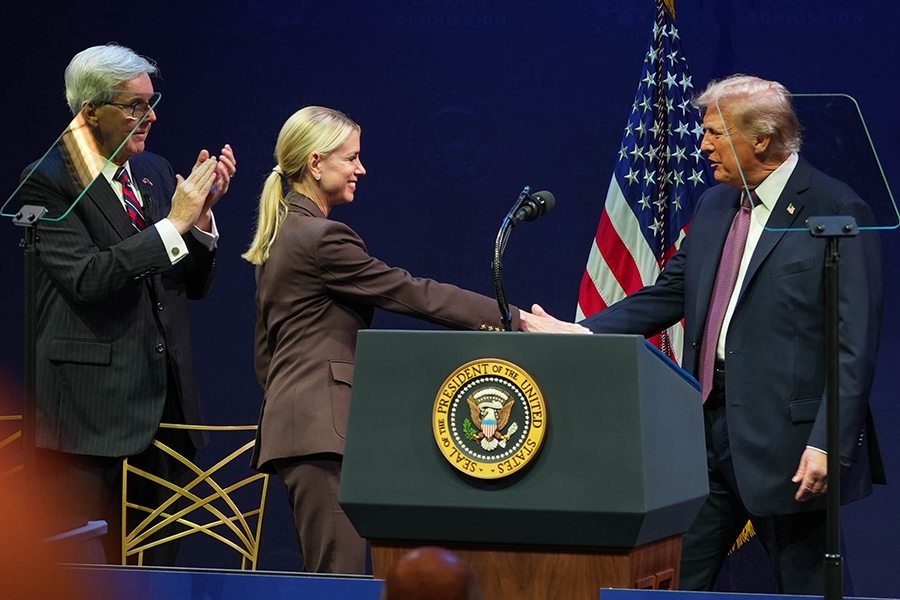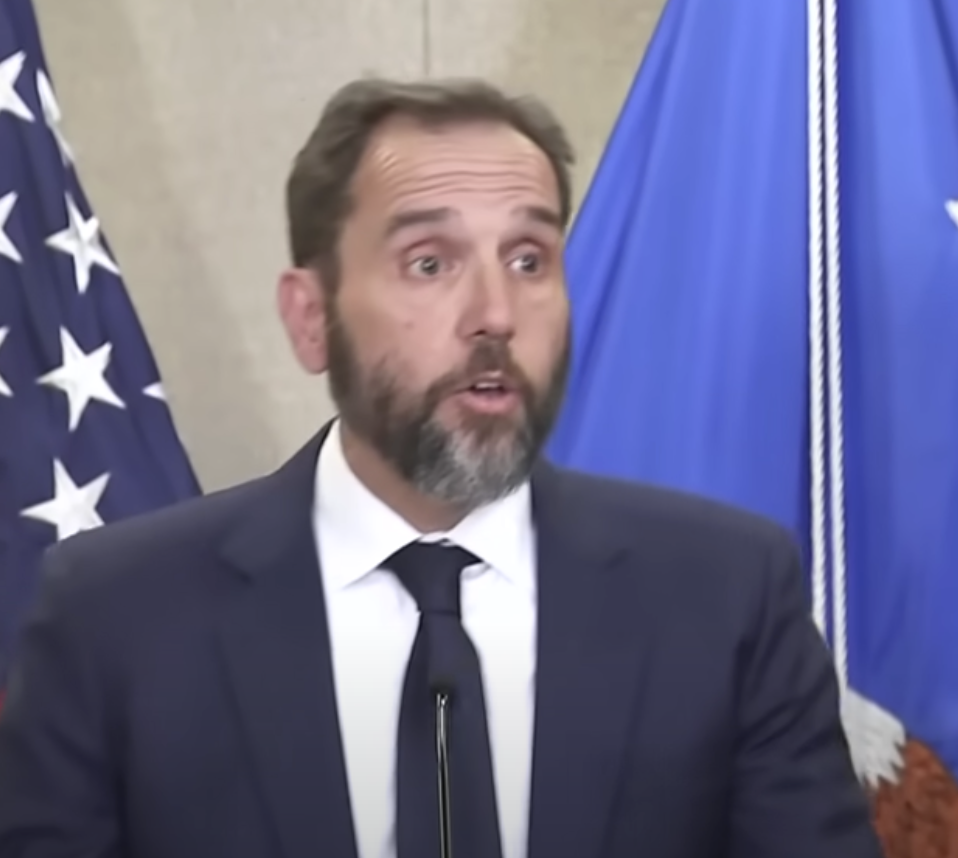
By Eric Holder
For Washington Post
I began my career in the Justice Department’s Public Integrity Section 40 years ago, investigating cases of official corruption. In the years since, I have seen America’s justice system firsthand from nearly every angle — as a prosecutor, judge, attorney in private practice, and attorney general of the United States. I understand the gravity of the work our Justice Department performs every day to defend the security of our nation, protect the American people, uphold the rule of law and be fair.
That is why I am deeply concerned about FBI Director James B. Comey’s decision to write a vague letter to Congress about emails potentially connected to a matter of public, and political, interest. That decision was incorrect. It violated long-standing Justice Department policies and tradition. And it ran counter to guidance that I put in place four years ago laying out the proper way to conduct investigations during an election season. That guidance, which reinforced established policy, is still in effect and applies to the entire Justice Department — including the FBI.
The department has a practice of not commenting on ongoing investigations. Indeed, except in exceptional circumstances, the department will not even acknowledge the existence of an investigation. The department also has a policy of not taking unnecessary action close in time to Election Day that might influence an election’s outcome. These rules have been followed during Republican and Democratic administrations. They aren’t designed to help any particular individual or to serve any political interest. Instead, they are intended to ensure that every investigation proceeds fairly and judiciously; to maintain the public trust in the department’s ability to do its job free of political influence; and to prevent investigations from unfairly or unintentionally casting public suspicion on public officials who have done nothing wrong.
Director Comey broke with these fundamental principles. I fear he has unintentionally and negatively affected public trust in both the Justice Department and the FBI. And he has allowed — again without improper motive — misinformation to be spread by partisans with less pure intentions. Already, we have learned that the importance of the discovery itself may have been overblown. According to the director himself, there is no indication yet that the “newly discovered” emails bear any significance at all. And yet, because of his decision to comment on this development before sufficient facts were known, the public has faced a torrent of conspiracy theories and misrepresentations.
This controversy has its roots in the director’s July decision to hold a news conference announcing his recommendation that the Justice Department bring no charges against Hillary Clinton. Instead of making a private recommendation to the attorney general — consistent with Justice Department policy — he chose to publicly share his professional recommendation, as well as his personal opinions, about the case. That was a stunning breach of protocol. It may set a dangerous precedent for future investigations. It was wrong.





